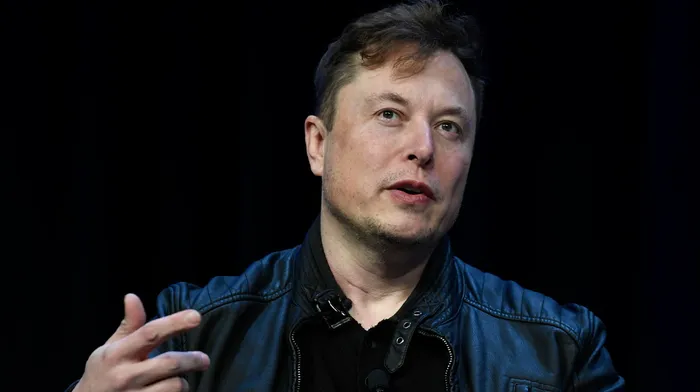
Tesla CEO, Elon Musk.
Image: Susan Walsh, File/AP Photo
When Tesla CEO Elon Musk addressed shareholders in the Q3 earnings call this week, he didn’t just talk about electric vehicles and robots; he made a full-throated pitch for a compensation package that could ultimately top $1 trillion.
The compensation package for Musk is structured around a mix of extremely high-performance targets and rewards tied to the company’s long-term value creation.
According to regulatory disclosures:
Tesla has proposed granting Musk up to 423.7 million performance-based restricted shares, representing roughly 12 % of the company’s outstanding shares.
These shares vest in 12 equal tranches, each tied to both market-cap targets and operational milestones.
Among the key thresholds:
Vesting spans 7.5 to 10 years, depending on when the tranche is earned. Musk must remain CEO (or serve in another approved executive role) for the shares to vest; if he leaves prematurely, unvested shares are forfeited unless specific conditions apply.
The Tesla board frames this as a “pay‐for‐performance” structure and noted that Musk receives nothing unless all (or many) of the hurdles are cleared.
Shareholders will vote on the plan on November 6, 2025, at the annual meeting in Austin, Texas.
On the earnings call this week, Musk returned to one theme: control.
He interrupted his own CFO to assert that, while he needs “enough voting control to give a strong influence … but not so much that I can’t be fired if I go insane.”
He also took aim at the proxy advisory firms that oppose the plan, calling them “corporate terrorists” and accusing them of making “asinine recommendations” that threaten Tesla’s future.
His view was that the pay arrangement isn’t simply about him getting rich, it’s about securing the governance and resources needed to execute Tesla’s next‐phase ambitions in AI, robotics and autonomous mobility.
From Tesla’s board perspective, Musk remained the company’s “visionary” leader; his departure (or distraction) would materially affect Tesla’s ability to deliver on its long-term roadmap.
The scale and ambition of the targets (robot + robotaxi business, full self-driving, global deployment) demand extraordinary incentives.
The structure ensures that Musk earns nothing unless shareholders and the company realise major value. As one board member phrased it: “No benefit unless shareholders make substantial returns,” The Straits Times reported.
Proxy advisory firm Institutional Shareholder Services (ISS) has recommended shareholders vote against the plan.
Their concern was that this opportunity for payout is “astronomically high,” the structure gives Musk too much control, and it may reduce the board’s ability to manage future compensation.
